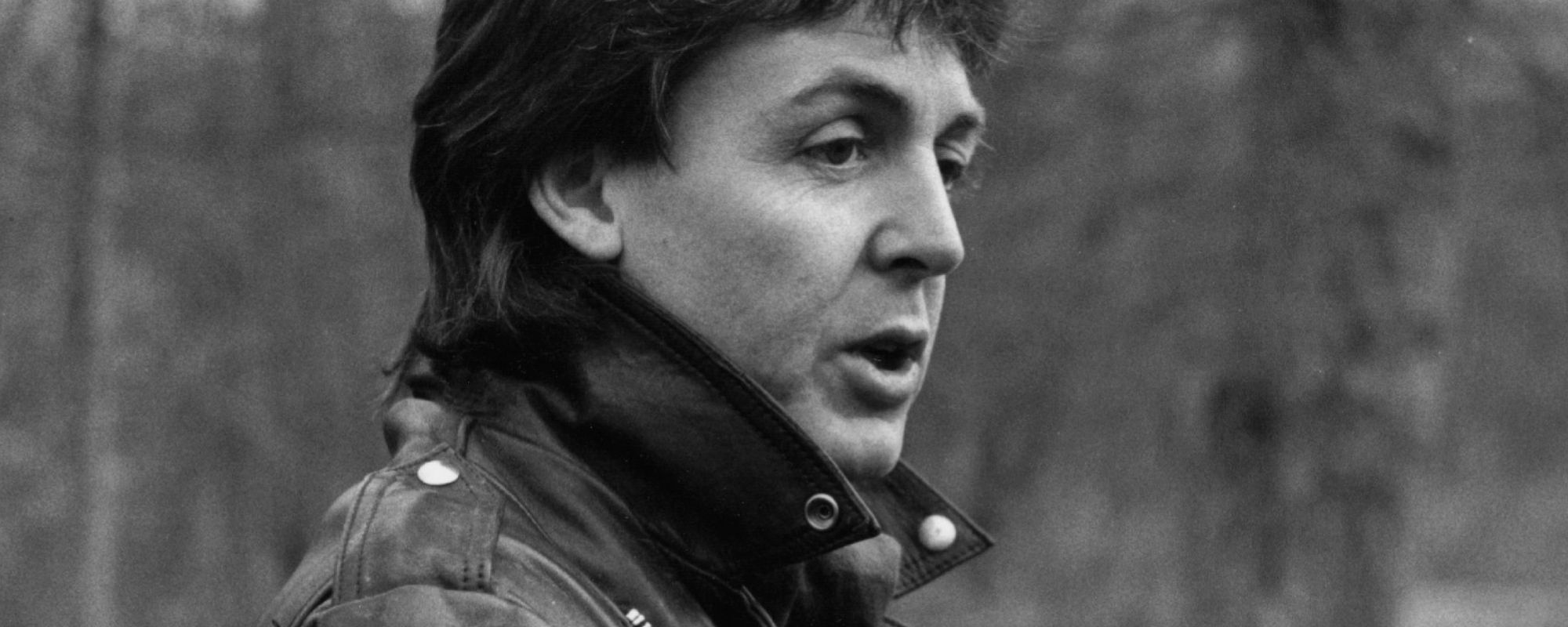Brian Wilson’s poor mental health episodes often came in waves, rolling in around the time he quit touring with The Beach Boys, during the arduous recording process of Smile, and again in the mid-1970s, when the producer and musician was so down and out that his then-wife, Marilyn, threatened to divorce or institutionalize him. Although Wilson’s inner circle certainly tried their best to pull him out of his self-destructive funk, The Beach Boys founder would later say that it was a 1976 track by The Rolling Stones that helped him snap out of it.
Videos by American Songwriter
The song never technically topped the charts, peaking at No. 10 on the U.S. Billboard Hot 100 and No. 6 on the U.K. singles chart. But for Wilson, it meant the world, helping to clear his head and re-stabilize himself.
This Rolling Stones Track Changed Brian Wilson’s Life
If the early 1960s were one of Brian Wilson’s highest moments, then the early 1970s were one of his lowest. The Beach Boys founder had already stepped away from touring with the group, choosing to adopt a behind-the-scenes songwriting and producing role instead. But even this arrangement had its problems, especially when Wilson’s mental health and substance abuse got progressively worse. His indulgence in food, cigarettes, drugs, and alcohol placed a strain not only on his relationship with his band but also with his wife, Marilyn.
“When I heard that, I was just drinking a lot of liquor, a lot of booze. I was really laying in the gutter,” Wilson recalled in a later interview. “I was on the street without a house because my wife and I had a big argument. And I went out and would bum cigarettes off people, I would drink here, and I get drunk maybe later that night. Then, I heard ‘Fool to Cry’ on a jukebox in San Diego. I started crying and said, ‘That’s what I needed.’ I just needed that. They saved me. They saved my very brain. I’ll never forget that, you know. I’ll always remember that.”
The Rolling Stones’ “Fool to Cry” came out in April 1976 as a single off the band’s thirteenth studio album, Black and Blue. The song (and album) came at an interesting time in The Stones’ career, as Mick Taylor had just left, leaving the band without a lead guitarist. They were effectively in a wayward holding pattern while they figured out their next professional steps—an all-too-familiar feeling that Wilson must have picked up on while listening to the song in a San Diego beer joint.
A Far Gentler Approach To Addressing the Musician’s Failing Mental Health
Brian Wilson quietly listening to The Rolling Stones on the jukebox was undoubtedly a gentler approach to fixing his mental health than those in his inner circle elected to take. But to those individuals’ credit, Wilson’s poor health made it difficult to reconcile with him. His unwillingness to uphold his end of his contract with The Beach Boys led to his wife, Marilyn, bringing in the band’s legal team to threaten Wilson into working again. She, Wilson’s band, and the legal team scolded Wilson to the point that he would “lay curled in the fetal position,” according to Peter Ames Carlin’s Catch a Wave: The Rise, Fall and Redemption of the Beach Boys’ Brian Wilson. Sometimes he’d even try to crawl out of the room.
Wilson’s pivotal experience listening to The Stones coincided with his deepening relationship with the infamous and controversial psychologist, Eugene Landy. This, too, would prove to be a tumultuous time in Wilson’s life. But for a brief moment in a random San Diego bar, Wilson was able to feel his emotions freely, without external pressure or expectation, and recenter himself. Unsurprisingly, Wilson would later say he thought The Rolling Stones “are probably as endowed, musically endowed, as anybody in the world.”
Photo by Michael Ochs Archives/Getty Images











Leave a Reply
Only members can comment. Become a member. Already a member? Log in.